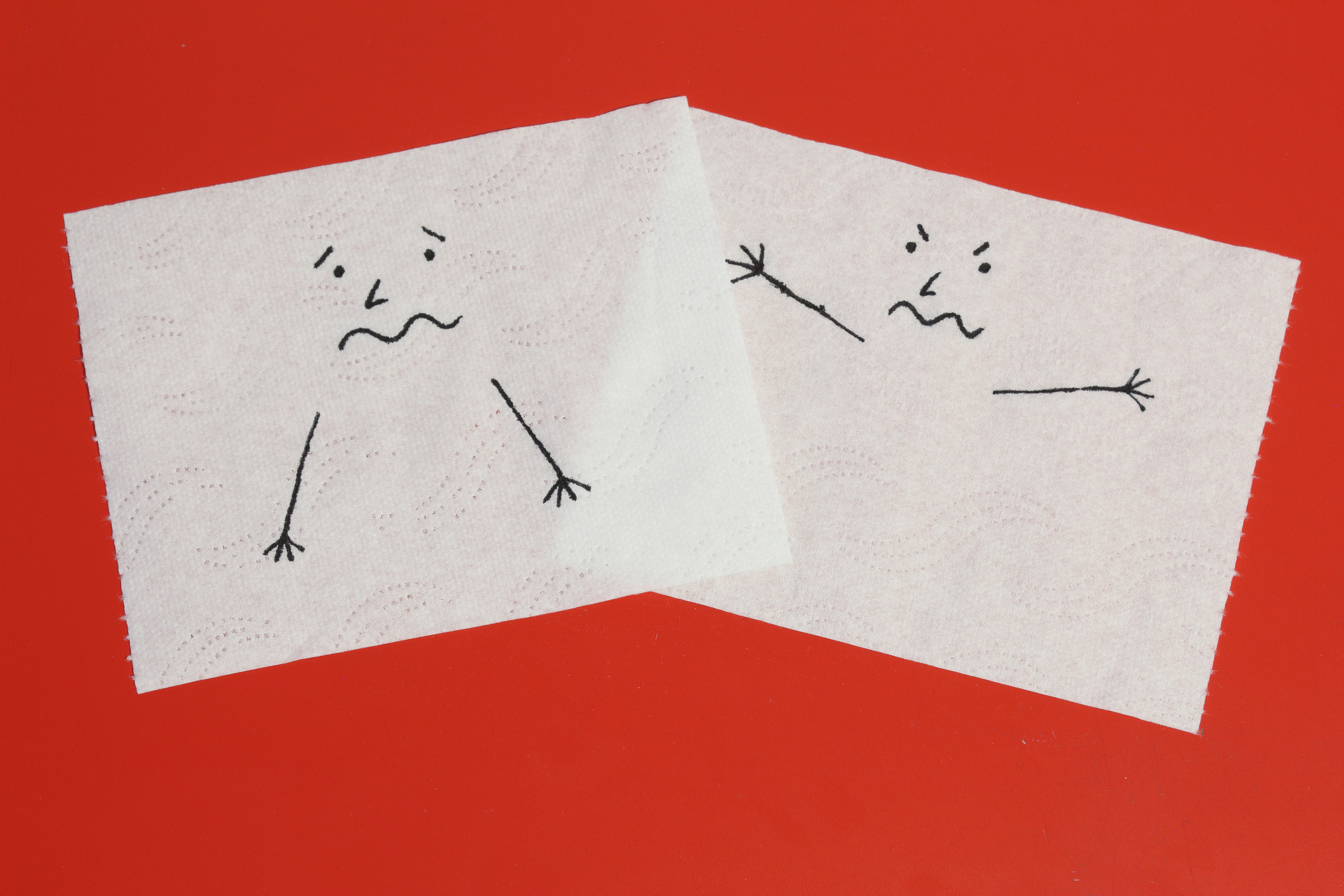At one point in your life, you have probably dealt with anxiety. Anxiety is an ailment that affects much of the population today. Although society and cultural outlets are making progress in discussing the commonality of anxiety and how to seek help, this topic doesn’t always get the attention it deserves, especially for how common it is. If you suffer from anxiety or have dealt with symptoms in the past, you should not be ashamed. Here’s are the biggest reasons why you should never be ashamed of your anxiety.
You Are Not Alone
If you have anxiety, you can take comfort in the fact that many others out there share the same issues – you are not alone in your struggle.
According to the Anxiety and Depression Association of America, anxiety disorders are “the most common mental illness in the United States, affecting 40 million adults” every year. That adds up to about 18% of the population. That means that roughly, for every five people you meet, one of them is struggling with some sort of anxiety.
And it’s no wonder that anxiety is so prevalent in today’s world. Due to the fast-paced, always-connected nature of the world we live in, the ever-growing demands of our work and personal lives, and the rise of social media, anxiety has more triggers than ever. Much of the time, anxiety is spurred by deep-seated feelings of comparison and inadequacy, and social media can often be the culprit. What you may neglect to remember though, is that social media and personal sharing sites like Facebook and Instagram are often “highlight reels” of our connections’ lives, and not depictions of reality. Even though we are more connected than ever in the digital sense, this comparison dynamic leaves us feeling alone and isolated instead.
If you are struggling with anxiety and you feel that comparison and worries of “not measuring up” may be to blame, take a social media break. Aim to cut the cord for at least twenty-four hours, if not more. Remove the apps from your phone to resist the temptation to check them frequently. Remember that you are not alone, and focus on connecting with your friends and loved ones personally. Take note of how you feel without the additional source of constant comparison in your life – it may be worth making it a habit, or recurring detox treatment.
Anxiety is Treatable
Despite its prevalence, anxiety offers the single positive contribution that it’s very treatable. There are numerous solutions for helping you manage and combat your anxiety on your own terms.
Dealing with anxiety without medication is 100% possible. If you’re feeling the effects of anxiety in your own life, there are some immediate steps you can take to help you feel better. For example, since anxiety is often spurred by feelings of overwhelm and just having too much to do or manage, one of the best places to start is by taking a “time out” from real-life. Take a mental health day, catch up on sleep, try practicing some self-care, and just focus on your own wellness.
Other fairly easy adjustments to make if you are feeling anxious are to revisit and refine your diet, start exercising regularly, practice yoga or meditation, learn some calming deep-breathing exercises, and try to maintain a positive attitude at all times. Keeping a journal may also be a good tactic for getting a handle on your anxiety; a journal can help you identify your triggers, and develop a plan for avoiding or tackling them.
If you’re still struggling after giving these tactics a try, it may be a good idea to enlist some help. Start speaking with a friend or family member about how you’re feeling. Turning to someone who you are close will help you feel more relaxed and comfortable, and it will be easier to get the things off your chest that are bothering you.
However, if you don’t have someone in your life that you feel comfortable talking with, or if your anxiety is becoming more and more serious, consider seeking out a therapist. A therapist can help you get to the root of what is causing your stress, and arm you with actionable strategies for addressing it. When in doubt on whether or not you should or “need to” see a therapist, err on the side of yes. They’re professionals for a reason, and odds are high that you’ll leave your appointment feeling much better than you did when you walked in.
Only after meeting with a therapist, psychiatrist or doctor should you consider using medication to treat your anxiety. Work closely with your designated health professional to find the path to healing that will work best for you.
Be Proud of Yourself and Your Honesty
Lastly, you should never be ashamed of your anxiety – instead, you should feel proud of yourself for realizing that you have a struggle that you need help with. There is no shame in asking for help, especially when it comes to your own health and well-being. By admitting that your anxiety is an issue, you have already taken a step towards healing and recovery. Naming your problems takes away their power over you – the more you talk about your anxiety, whether it be with friends, family, mental health professionals, or even in your journal to yourself, the less power it will have in your daily life.
Originally published at anxiety-gone.com.
Follow us here and subscribe here for all the latest news on how you can keep Thriving.
Stay up to date or catch-up on all our podcasts with Arianna Huffington here.


